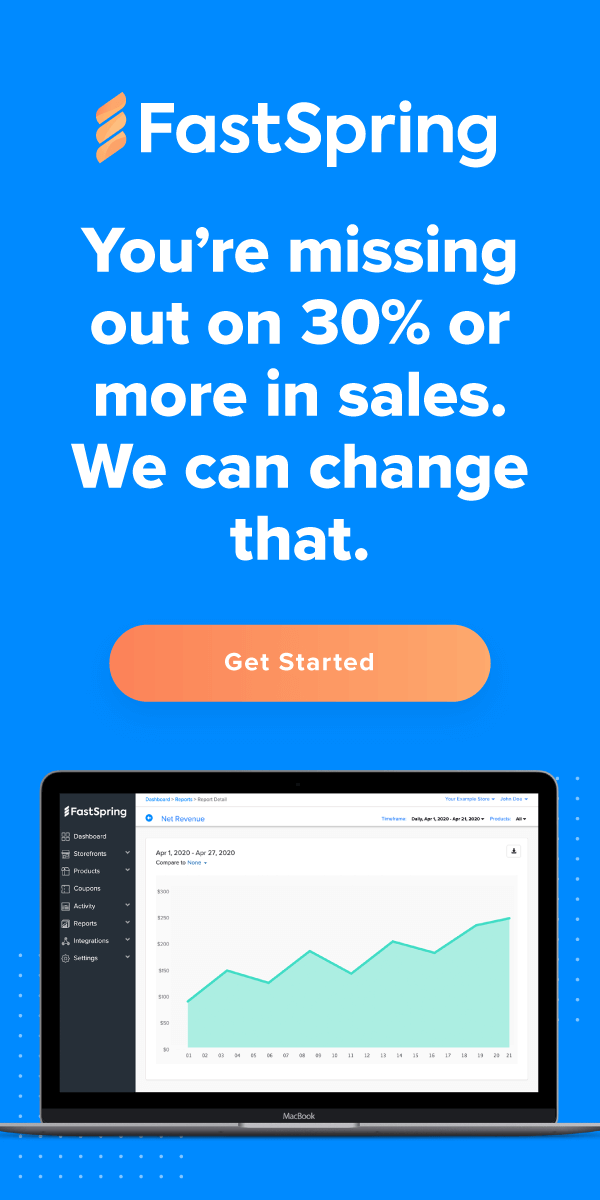Affiliate marketing can mean different things to different people, but at its core, it refers to paid marketing that is based on trackable performance. This differs from traditional marketing in that instead of pre-paying for ad space or content, advertisers and individuals promote your products in exchange for commissions on sales they drive or other trackable activities like lead generation or trial downloads.
When there is a good fit, and affiliate marketing is used effectively, it can provide a healthy boost to sales and marketing activities, but how can you tell if it is right for you? With each company having its own unique priorities and needs, it can be confusing as to where to even start, but hopefully, the criteria below will help you understand if taking the plunge into affiliate marketing is right for you and your team.
Stay on Target
Many affiliates have direct relationships with their audience through social media, their websites, blogs, videos, or even in-person interactions so it is important to understand your sales/marketing journey and determine if affiliate marketing is adaptable to that process.
For example, if your products are primarily sold by resellers or through channels other than your website, affiliate-based marketing will be difficult to implement and have a low percentage of success. The main reason for this mismatch is trackability, but it also extends into how resellers might interact with their audience and fulfill orders.
Alternatively, if the majority of your sales pass through your website and your products are competitive in a market like creative software, security, utilities, or other products that are purchased by individuals who intend to use the products themselves, affiliate marketing could be a good fit.
Filling in the Gaps
Though there are many different types of affiliates that can offer various types of promotional methods to build awareness for your products such as SEO, Coupon/Deals, content, media, and influencers, affiliate programs tend to work best when they are considered as a complement to an existing in-house marketing strategy.
Take for instance a situation where you may have in-house email campaigns that drive sales, but you may be having trouble finding qualified leads to put into the email funnel. In this case, an SEO affiliate, or content type affiliates that specialize in your software vertical can send leads to your site to sign up to your newsletter or download a trial of your software where you can then follow up with them through your email marketing.
Similarly, content and influencer affiliates can help build awareness for your brand in competitive markets by sharing product information, special offers, or even doing product reviews/comparisons of your products alongside the competition.
Building a Healthy Affiliate Program
A productive affiliate program takes time to build. Recruitment of new affiliates and keeping current affiliates up to date with product news, promotions, and content to share with their audience takes time and effort, so it is important to take this into account when getting started.
Ideally, a new program will have an experienced person or team to take on those responsibilities, or at least someone that will support the program by recruiting new affiliates, relaying company information like product releases and special offers to affiliates as well as provide support to them if they need assistance with links, ads or have questions about their accounts with regards to commissions or other administrative tasks.
Want to learn more about building a healthy affiliate program? Learn more about FastSpring’s Affiliate program, here.
![[Customer Story] Why TestDome Considers FastSpring a Real Partner](https://fastspring.com/wp-content/themes/fastspring-bamboo/images/promotional/2023/FastSpring-TestDome-blog-thumbnail.jpg)








